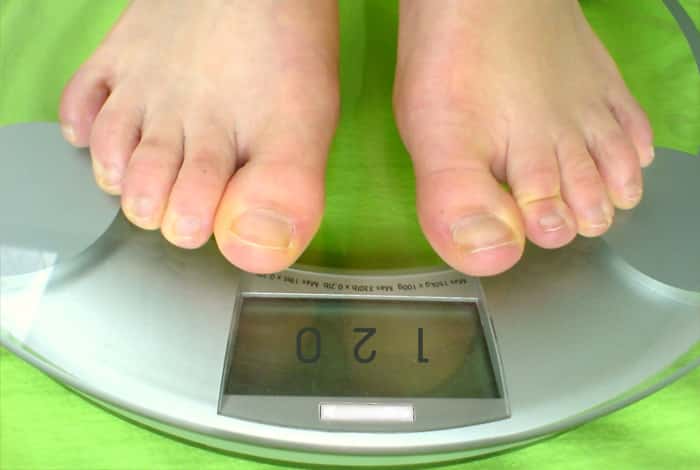At the start of every new year, Americans’ number one resolution is to lose weight. It’s a sensible commitment considering almost 70 percent of Americans are classified as overweight or obese, a condition related to many types of cancer and other chronic illnesses. Obesity’s annual medical cost in the United States is between $147 billion and $210 billion, according to studies.
Yet, the vast majority of those good intentions go awry. Why? Most weight loss programs—whether fitness or diet-based—fail because they don’t keep members sufficiently engaged enough to stick with the program. After a few weeks or months, people stop going to the gym, keeping their coaching appointments or staying on their diet.
ScaleDown, a Chicago-based tech start-up, is aiming to move the needle on the scale. Its program claims “clinically meaningful” weight loss (medically defined as a loss of 3 percent or more) by 90 percent of its client base. And it requires no special diet, food plan or fancy gym equipment. ScaleDown’s silver bullet is a bathroom scale connected to the cloud.
When a member weighs themselves each morning, they receive a text message on their phone that gives them feedback, such as encouraging healthy eating choices, urging exercise or giving supportive tips.
“It’s a comprehensive, evidence-based weight management program—meal planning, dealing with stress, encouraging exercise are all part of it,” says Kate Wolin, ScD, ScaleDown’s CEO and an epidemiologist whose research has focused on the connections between obesity and chronic diseases.
Wolin runs ScaleDown with Dori Steinberg, PhD, and Gary G. Bennett, PhD, RD, two Harvard-trained scientists with backgrounds in weight loss and behavior modification. Bennett runs the Duke Center on Digital Health Science and the Duke Obesity Prevention Program at Duke University where Steinberg is a nutrition researcher. The three researchers launched the company in October 2014, following a clinically proven weight loss study by Steinberg and Bennett that showed the efficacy of daily weighing.
“One of the things that makes us different is we have a clinical trial that shows our approach works,” Wolin says. “The Weigh study proved that this method works and became the foundation for our approach—daily weighing on a cloud-connected scale with personalized responsive feedback.”
While Steinberg and Bennett are on the faculty of Duke, Wolin runs ScaleDown’s day-to-day operations from its Chicago headquarters. The company maintains an office at MATTER, the health technology incubator in the Merchandise Mart, which Wolin calls “a great learning lab for entrepreneurship and leadership.”
In just over three years, ScaleDown has enrolled over 125,000 participants with 20,000 currently active members. The retail cost is $99 for the scale and $20 a month for membership. Currently, ScaleDown is only offered through provider- and employer-based plans, not direct to consumers. Its clients include a range of national businesses, private weight loss clinics and a pharmaceutical company. ScaleDown has current annual revenues of $5 million.
New members are advised to set a reasonable weight loss goal of 10 percent of their body weight over six months. Enrollees fill out an initial survey asking about lifestyle choices, food preferences and personal information. ScaleDown uses this data, plus other data collected over time, to create a behavioral phenotype that expresses a person’s characteristic traits and behavior.
This phenotype is used to generate personalized feedback, including personalized daily messages, a weekly progress report and skills training videos. The platform can generate thousands of text messages, Wolin says.
The key to weight loss success, she says, is the “intrinsic self-motivation” provided by the messages, which leverage positive habit formation.
“An important emphasis for us is building motivation and accountability,” Wolin says. “It’s not just about giving people technology; it’s daily weighing plus feedback that delivers the outcome. We’re trying to help people maintain their motivation by giving them a sense of accountability. They stay motivated to continue getting on the scale and creating their own self-regulation loop. Study after study finds that what works best [in weight loss] is what you can stick with long term.”












